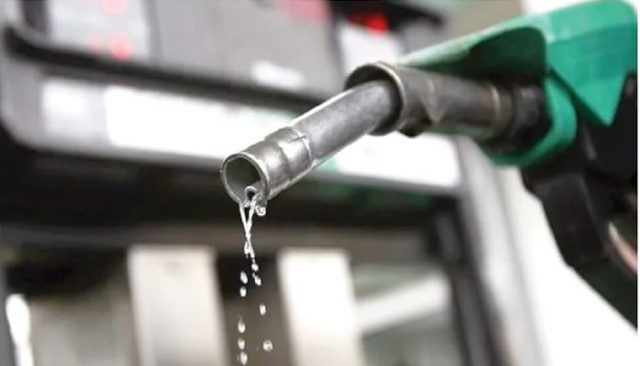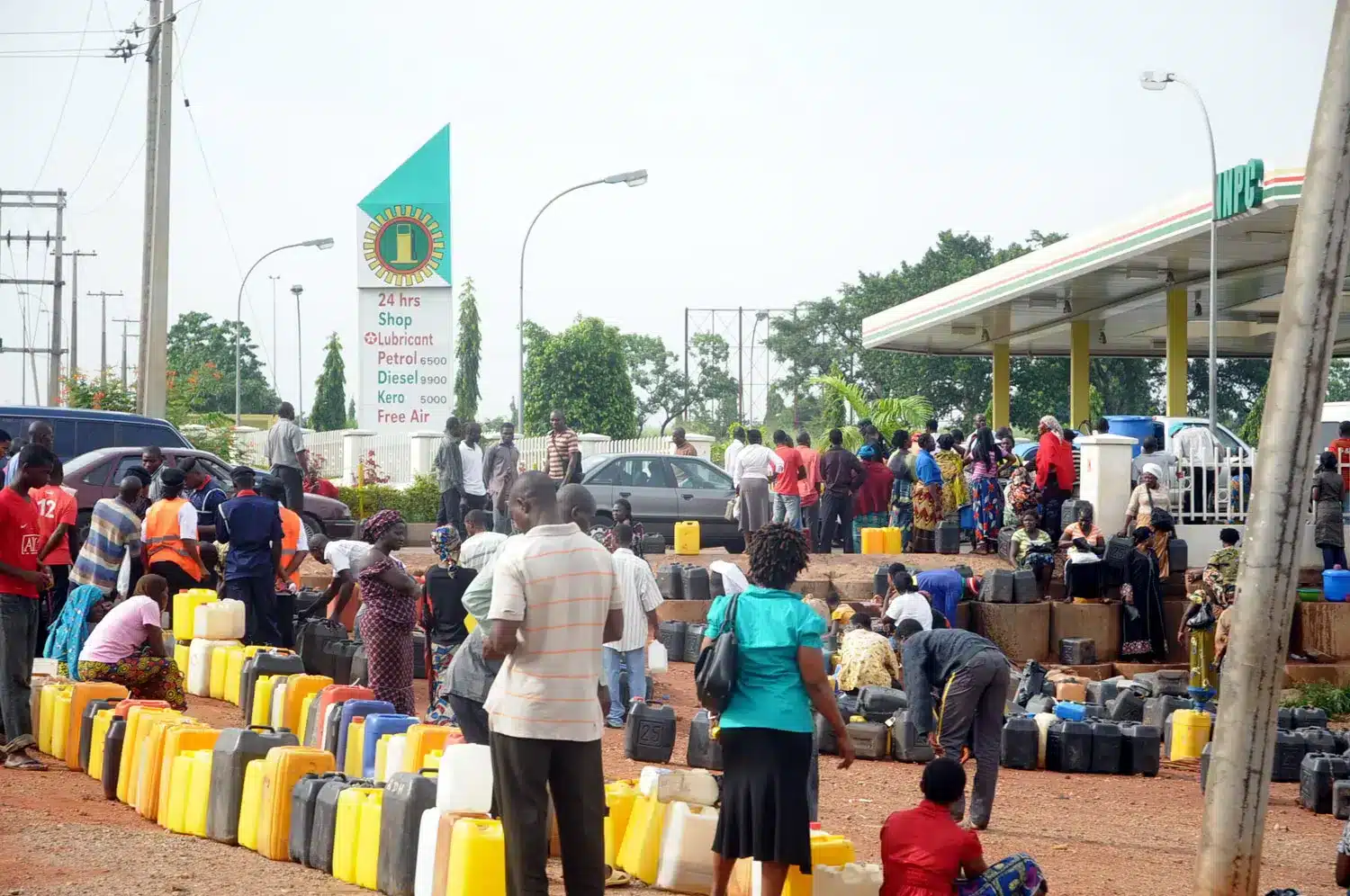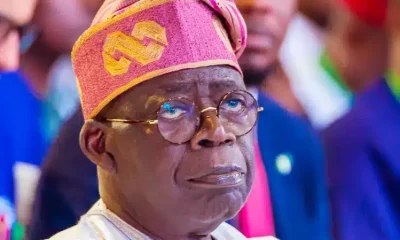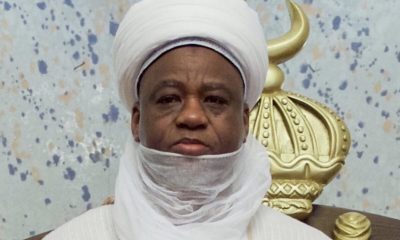News
Oil Marketers Reveal Real Reason Behind Fuel Scarcity In Nigeria

Nigerians may need to brace for continued fuel scarcity as oil marketers have linked the ongoing shortage of Premium Motor Spirit (PMS) to persistent logistical challenges.
Speaking on Channels Television’s Morning Brief on Monday, Billy Gillis-Harry, President of the Petroleum Products Retail Outlets Owners Association (PETROAN), highlighted the supply constraints marketers are currently facing, which limit their ability to distribute fuel efficiently.
Gillis-Harry explained that the crux of the logistical issue lies in the ship-to-ship transfer process.
EDITOR’S PICKS
- Focus on Hard Work, Not Just Prosperity – Osinbajo Tells Nigerian Churches
- Olympics Best Basketball Coach: Tinubu Hails As D’Tigress’ Wakama On Award
- WAEC to Release May/June 2024 WASSCE Results Today
EKO HOT BLOG reports that the he noted that until ships receive their cargo, they cannot deliver fuel to depots, and without these deliveries, retailers are unable to access the necessary products for distribution.
He stated, “Until we resolve our supply challenges efficiently and abundantly, we will remain in this cycle.
“The NNPC’s communications director has also pointed out that the core issue is still related to logistics.
“Until those are addressed, we will only manage with the limited supply we receive and distribute among our members.”
“NNPCL is doing its best to bring in products bit by bit, and we can only supply what we have.”
Elaborating further on what he meant by logistics challenges, the oil marketers’ leader said, “The logistics issue is about ship-to-ship transfer. Until the ship gets products, it cannot deliver to any of the depots. And until depots have products, we, the retailers, cannot also have access to products.”
He, however, assured that marketers were in talks with the NNPCL oversupply challenges.
He said, “We have been speaking with NNPCL. We encourage them to do more, and I can assure you that they are trying their best.”

Marketers Fuel Scarcity Nigeria
Gillis-Harry’s clarification regarding the scarcity comes following persistent shortages of products, particularly in the northern regions of the nation.
The situation escalated to the Federal Capital Territory, Lagos and other states over the weekend.
Reports have surfaced that petrol prices have surged to between ₦800 and ₦1,000 per litre at some filling stations, leading to a significant hike in transportation costs.
Amid this crisis, many filling stations have stopped selling fuel, allowing black market operators to take advantage of the situation and sell at inflated prices.
Last week, reports suggested that the fuel scarcity was due to debts owed by the Nigerian National Petroleum Company Limited (NNPCL) to international oil traders. However, on Sunday, the Chief Corporate Communications Officer, Olufemi Soneye, refuted these claims.
FURTHER READING
- Rwandan President, Paul Kagame Sworn in for Fourth Term
- Benue PDP Crisis: Sheath Your Swords -Ortom Urges Supporters
- BREAKING: Explosion Rocks APP Secretariat in Rivers
Soneye, however, recognized that it is common for businesses to incur debts at some point due to the nature of the oil trading industry, where transactions are often conducted on credit.
“But NNPC Ltd., through its subsidiary, NNPC Trading, has many open trade credit lines from several traders.
“The company is paying its obligations of related invoices on a first-in-first-out (FIFO) basis,” he told reporters.
Click here to watch our video of the week:
Advertise or Publish a Story on EkoHot Blog:
Kindly contact us at ekohotblog@gmail.com. Breaking stories should be sent to the above email and substantiated with pictorial evidence.
Citizen journalists will receive a token as data incentive.
Call or Whatsapp: 0803 561 7233, 0703 414 5611



















